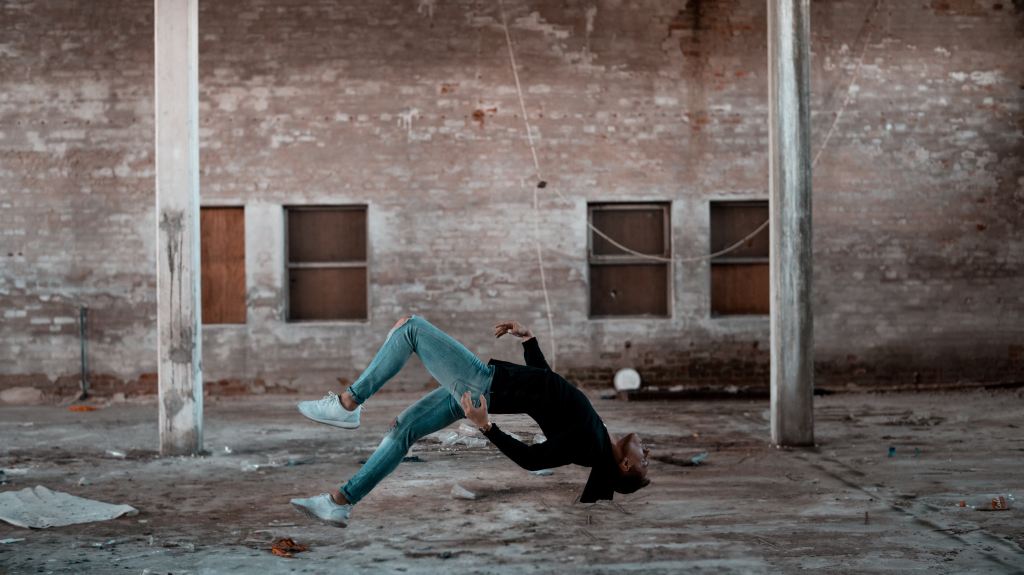
Our patient who had been more comfortable after we had changed his medications was not as well today. I had heard he had fallen over the weekend. Falls are usually bad news for our patients. The risk of falls increases as people become weaker and more tired. The body is unable to maintain all kinds of balance, not only physical but emotional, spiritual and social. Everything can start to fall apart.
I couldn’t understand what he was saying today. It wasn’t a language issue. He was dozing off as I spoke to him. His replies were slow and they did not make sense. He had some twitching in his arm and leg muscles, suggestive of his analgesia being too high. At times his arms would jerk upwards without any warning. He looked otherwise comfortable.
I wanted to control his pain as quickly as possible thus we increased his doses aggressively. The aim was to control his symptoms earlier, so we could send him home quickly. I had to bring his medication doses down. I hoped this deterioration would be reversible.
I would have to see what happened over the next days..





